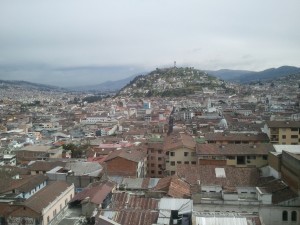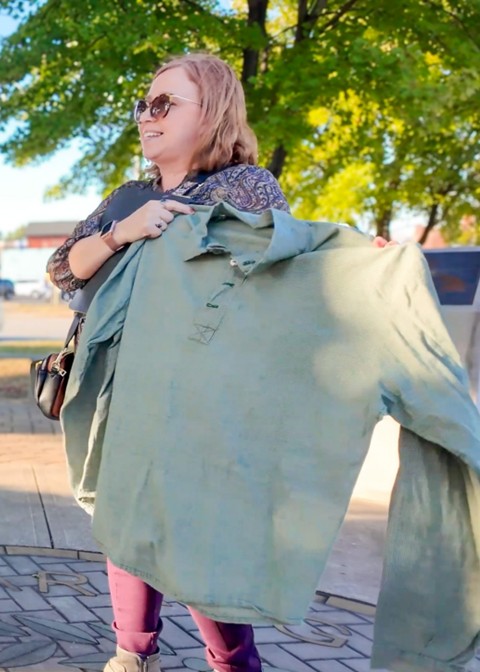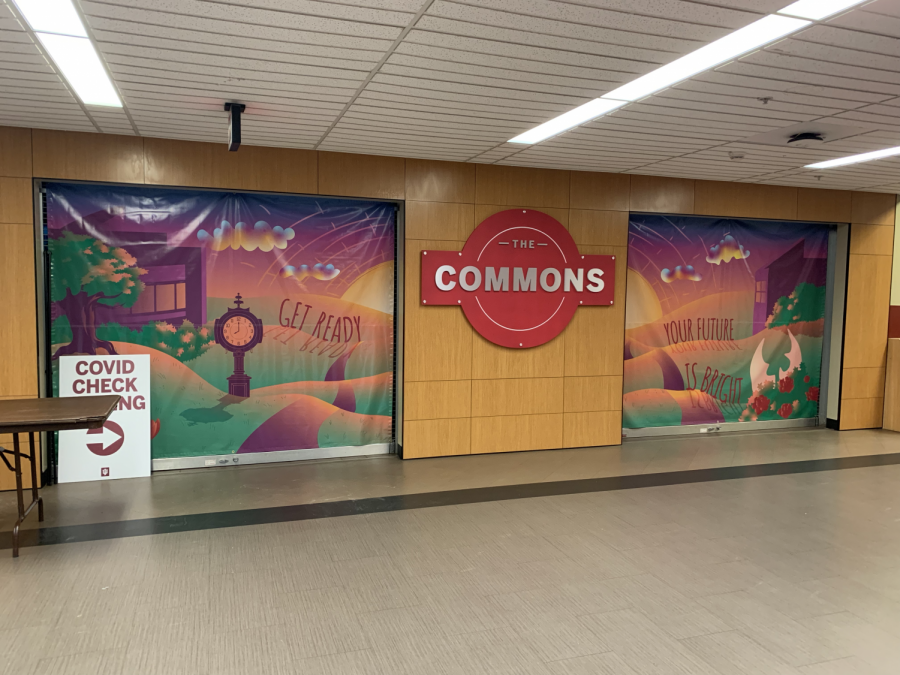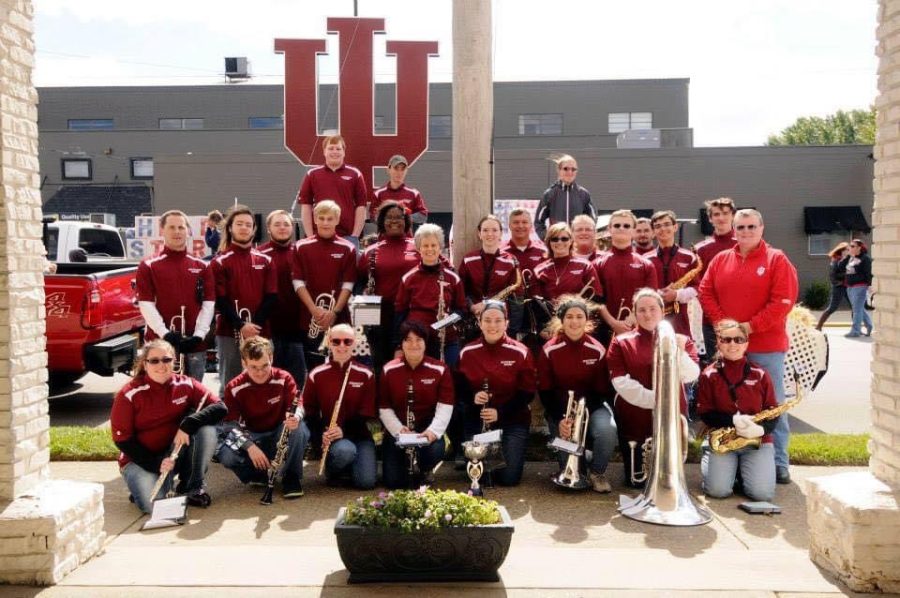The sun sets, but the mountains remain aglow as far as the eye can see from the fires and lights of those who can afford them. The smell of wildlife lingers, while natives of the land sing songs that fill the air.
“It feels like you’re in a whole different world,” Jonathan Vaughn, computer science senior, said.
Although IU Southeast has offered study abroad trips since 1975, the Summer in Ecuador program is the first IUS-specific study program.
“We actually have anywhere between 50 to 100 requests from students interested in studying abroad every year,” Valérie Scott, senior lecturer of psychology and co-director of International Programs, said.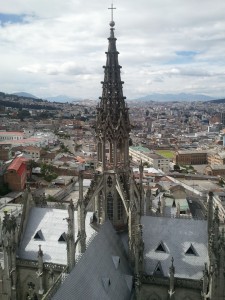
This year marks the 13th annual deployment of students who will serve as teachers to children in Quito, Ecuador.
“The fact that it is yearly makes it very appealing to students,” Scott said.
Magdalena Herdoíza-Estévez, professor of education and director of the Summer in Ecuador, said that the trip is a very intense learning experience.
“From the 12 previous editions of the program, every single year I learn,” Herdoíza-Estévez said. “I think this is one of the wonderful things of doing this. It is your journey, and we all learn from one another.”
While the program attracts mostly education students, students of all majors are welcome and encouraged to take part in the experience.
“I think some people may think we’re going on vacation over there, but it’s definitely not at all,” Vaughn said.
Herdoíza-Estévez said there is “no excuse” for not applying for available scholarships.
“There have been times students didn’t apply for the University International Programs scholarships, so not all the money was given away that could have been,” Herdoíza-Estévez said. “Never let the money be the obstacle for you not to go.”
Students who are part of the “Summer in Ecuador” program are required to create their own lessons for their stay in Quito.
Vaughn said when students typically study abroad, they are traveling to study in a new environment. He said that one of the key indicators of real knowledge in a subject is the ability to teach it.
“If you can’t teach it, you don’t know it. You don’t get that from any other summer abroad program,” Vaughn said. “It’s a lot more gratifying because someone didn’t hand you a lesson plan. It’s all of your work.”
Scott said that it is important for students to embrace the experience and environment, and to try to learn from it.
“You cannot fully get everything out of the trip unless you’re engaged in it. A big part of cultural exposure is what you learn about yourself,” Scott said.
Vaughn and Scott said that an effective way a traveler can ease themselves into the new setting is by researching the location’s culture and history. Scott said all study programs have realistic briefs to better the knowledge of what to expect before departure.
“When I was in the fifth grade, we moved [to South America] and I stayed until I was a freshman in high school, so I was kind of used to the whole Latin American culture and what to expect,” Vaughn said.
Some areas are known to be poverty-stricken and much less of a “fast-paced world.” In San Gerardo, located in the middle of the Andes Mountains, Vaughn said he saw more people riding donkeys than cars.
IU Southeast has fundraised collections of bilingual books, donated a full computer lab and school supplies, and once provided lights for a classroom over the years.
“We have given them friendship and respect. They will be happy to see you because we are from Indiana University. They cherish Indiana University,” Herdoíza-Estévez said. “It’s a good thing as human beings to understand new perspectives on ways of life. It allows you to grow as citizens of this world.”
Scott said the respect has been mutual.
“A lot of the time, they are welcoming because hospitality is very important: ‘I don’t have much, but I can share it with you.’
Appreciation is very genuine,” Scott said. “It shows you there are other ways of being and living that are simply different, and how important it is to respect those differences. I think until you’ve seen them, you don’t grasp their reality. Willingness to discover, I think, is the number one thing. It’s the diversity you encounter that kind of makes life exciting.”